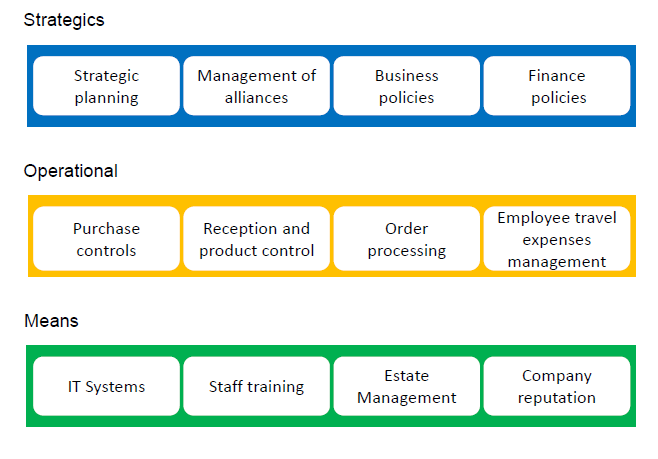Whether you are a well-seasoned corporate traveller or you just move around for work from time to time, you are sure to have come across specific words or terms that are unfamiliar. Just as in any sector, the world of the corporate traveller also has its own specific terminology. With this in mind, we are pleased to present the first part of our basic glossary of the corporate travel industry.
Whether you are a well-seasoned business traveller or you just move around for work from time to time, you are sure to have come across specific words or terms that are unfamiliar. Just as in any sector, the world of the Business Traveller also has its own specific terminology. With this in mind, we are pleased to present the first part of our basic glossary of the corporate travel industry.
- Advance: Money that the company gives to an employee in anticipation of the expenses that they are going to incur on a corporate trip. This is not an advance on their salary, as it is an expense paid for by the company, whether through the use of an advance or reimbursement. Although the employee receives an advance to cover their business trips, they still have to verify their travel expenses in a report on their return.
 Allowance: Compensation paid by companies to their travelling employees to cover the expenses generated during professional trips, which generally correspond to transport, accommodation and living expenses. Due to its reimbursement nature, it counts as a non-salary payment (it does not form part of the employee’s salary). Its amount depends on the type of journey, the expenses generated, the company’s collective bargaining agreement and its expense policy.
Allowance: Compensation paid by companies to their travelling employees to cover the expenses generated during professional trips, which generally correspond to transport, accommodation and living expenses. Due to its reimbursement nature, it counts as a non-salary payment (it does not form part of the employee’s salary). Its amount depends on the type of journey, the expenses generated, the company’s collective bargaining agreement and its expense policy.- Beacon: A small device able to send geo-located markers or commercial messages directly to users’ mobiles via Bluetooth.
- Bleisure: A portmanteau combination of the terms Business and Leisure that refers to the tendency to combine the reasons for a single trip. This may involve taking advantage of dead time on a corporate trip to do some sightseeing, or extending a business trip by a few days to take a holiday, etc.
- Blurring: A phenomenon that occurs when the digital world blurs the distinction between our professional and personal lives. In other words, being connected to work via your smartphone, tablet or other devices all day long, even outside of the working timetable.
- BYOD: Acronym of Bring Your Own Device. A policy in companies whereby employees take their own devices to work. People sometimes speak about BYOT, Bring Your Own Technology, because this trend does not only involve the hardware but can also refer to software.
Discover the rest of the basic glossary for Business Travellers in parts II and III !




